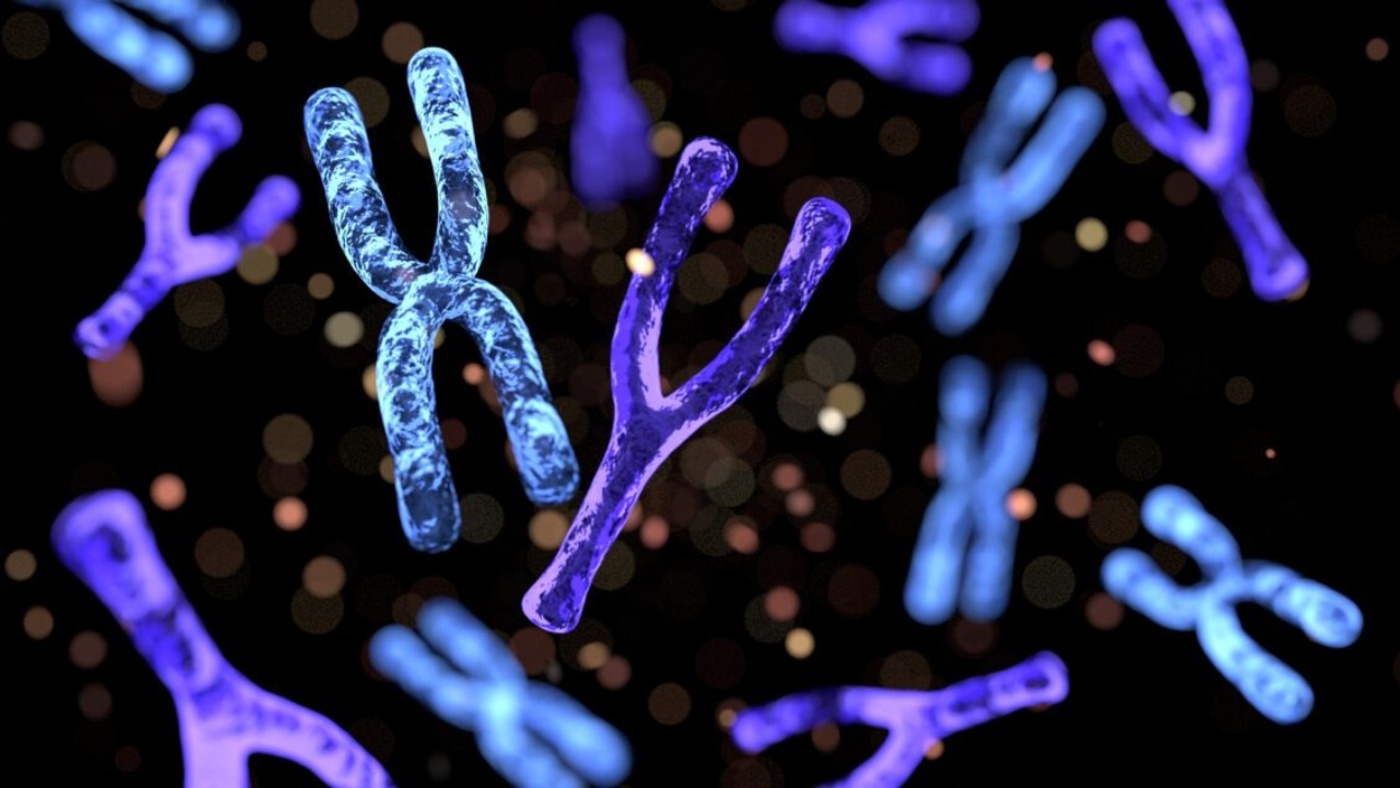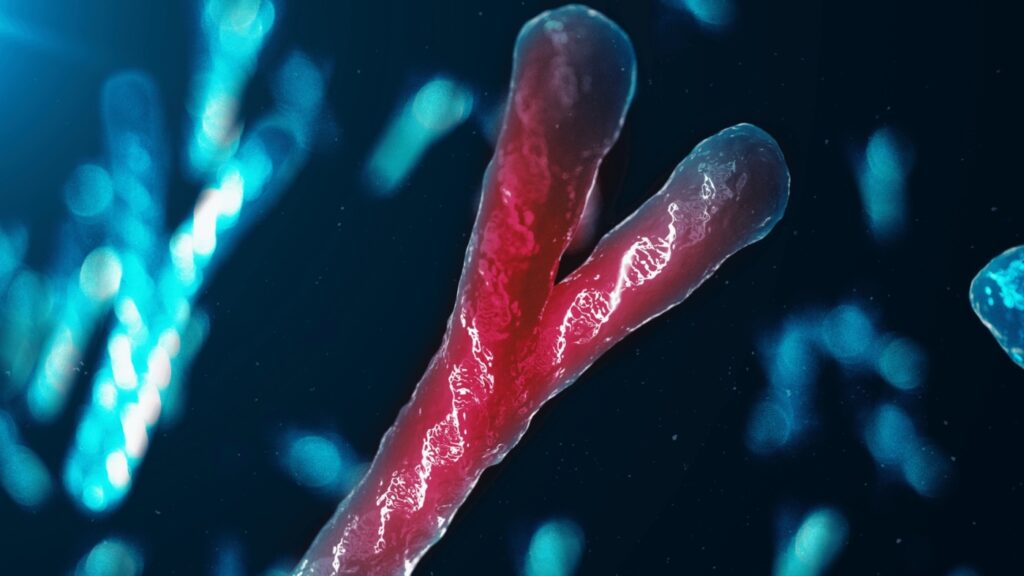Scientists have long known that the Y chromosome plays a sex-determining role in mammals. However, recent studies show that this chromosome is deteriorating over time and could completely disappear within a few million years. This situation could threaten the existence of the human species if a new sex genetic evolution does not occur. The research was published in the Proceedings of the National Academy of Sciences journal and includes studies on spiny rats in Japan, which offer important insights into how they survived after losing the Y chromosome.
New Human Species Could Emerge

Researchers determined that most genes in the Y chromosome of spiny rats have been transferred to other chromosomes, thus maintaining the male sex-determining function through a new genetic arrangement. Particularly, the SOX9 gene plays a significant role in this process. In the future, the complete disappearance of the Y chromosome could lead to the evolution of a new sex-determining gene that could ensure the continuity of the human species. However, the risks this process brings and the development of different genetic systems in different regions could lead to the emergence of new human species.
Scientists predict that we could see different human species on Earth in the next 11 million years or perhaps find no human species at all.


